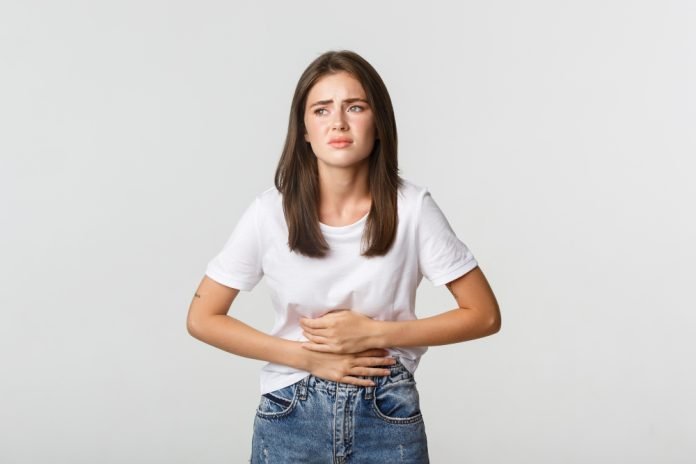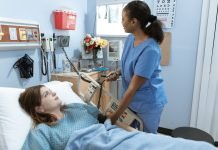Introduction
Food poisoning is a common illness that can happen if we eat rotten or contaminated food. It can make you sick, make you throw up, make you have diarrhea, and give you stomach cramps. It’s important to avoid food poisoning, but it’s also important to know how to treat it right away. In this detailed guide, we’ll talk about what you can do to help someone who has food poisoning and make sure they’re comfortable and healthy until medical help arrives.
Identifying the Signs of Food Poisoning
Before you can give first aid for food poisoning, you need to know what the signs are. Some common signs are feeling sick, throwing up, having stomach pain, diarrhea, a fever, and feeling weak. If someone has these signs after eating, it is likely that they got sick from the food. It’s important to remember that severe signs, like trouble breathing or constant vomiting, need medical help right away.
Ensuring Safety and Comfort
When giving first aid for food poisoning, safety, and comfort should come first. Make sure the person is in a safe, cozy place away from anything that could hurt them. Tell them to lie down and rest because this can help ease their pain. Give them comfort and let them know help is coming, especially if they need professional medical help.
Rehydration and Fluid Replacement
When someone has food poisoning, vomiting, and diarrhea can cause them to lose a lot of fluids. Tell the person to drink clear fluids like water, fruit juices that have been watered down, or oral rehydration treatments. To keep your stomach from getting upset again, it’s best to drink small amounts frequently. Avoid drinks with caffeine or carbonation, as they can make symptoms worse. Get medical help right away if the person can’t keep water down or if their dehydration gets worse.
Avoiding Solid Foods
When you first get sick from food, it’s best to stay away from solid foods. The digestive system needs time to heal, and eating solid foods could make symptoms worse or make the illness last longer. Encourage the person to eat and drink only clear liquids until the symptoms go away. When the person starts to feel better, they can slowly start eating bland, easy-to-digest foods like rice, toast, or boiled potatoes.
Medication and Over-the-Counter Treatments
When giving first aid for food poisoning, you should be careful when using over-the-counter medicines. Anti-diarrheal drugs or antacids might help for a short time, but they don’t treat the cause and could make the illness last longer. Before giving someone medicine, it’s best to talk to a doctor, especially if they already have health problems or are taking other medicines. It should be noted that Canadian pharmacies are known for providing significant discounts on prescription drugs, a pharmacy discount card can provide significant savings on prescription medications, making them more affordable and accessible to individuals in need of healthcare and offering cost savings and improved affordability for individuals.
When to See a Doctor
Most of the time, food poisoning symptoms go away on their own after a few days of self-care and home treatments. But it is important to know when to call for medical help. Get medical help right away if:
- The person is severely dehydrated or shows signs of an electrolyte imbalance, such as feeling dizzy, having a fast heartbeat, or urinating less.
- The symptoms get worse or last longer than a few days.
- The vomit or poop has blood in it.
- The person who got sick is pregnant, has a weak immune system, is a baby, or is an older person.
Conclusion
Food poisoning can be scary, but if you know how to give first aid, it can make a big difference in how well the person gets better. By recognizing the symptoms, making sure they are safe and comfortable, encouraging them to drink water, and understanding when to get medical help, you can help them right away and speed up their recovery.





















